
Earl Alonzo Moore was an American professional baseball pitcher who had a 14-year career in Major League Baseball.
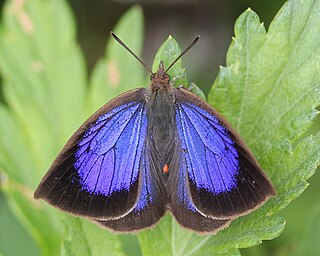
Arhopala is a very large genus of gossamer-winged butterflies (Lycaenidae). They are the type genus of the tribe Arhopalini. In the relatively wide circumscription used here, it contains over 200 species collectively known as oakblues. They occur from Japan throughout temperate to tropical Asia south and east of the Himalayas to Australia and the Solomon Islands of Melanesia. Like many of their relatives, their caterpillars are attended and protected by ants (myrmecophily). Sexual dichromatism is often prominent in adult oakblues.

Amata is a genus of tiger moths in the family Erebidae. The genus was erected by Johan Christian Fabricius in 1807.

Eressa is a genus of moths in the family Erebidae. The genus was erected by Francis Walker in 1854.

Chlamys is a genus of small scallops, marine bivalve molluscs in the family Pectinidae. The name is taken from the Ancient Greek, χλαμΰς or Chlamys, a cloak worn by soldiers.

Pangora is a genus of moths in the family Erebidae from Nepal, India and Sri Lanka. The genus was erected by Frederic Moore in 1879.
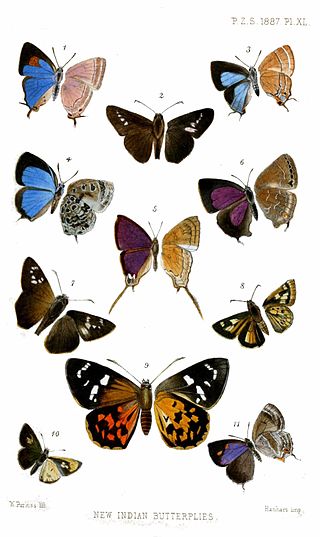
Zinaspa is an Indomalayan genus of butterflies in the family Lycaenidae.
Zadadra is a genus of moths in the subfamily Arctiinae.
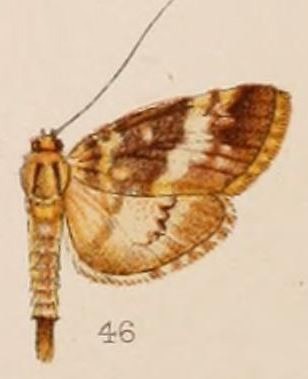
Lygropia is a genus of snout moths in the subfamily Spilomelinae of the family Crambidae. It currently comprises 66 species, which are mostly found in the tropical and subtropical regions of the Americas, Africa and Asia, but not in Australia.
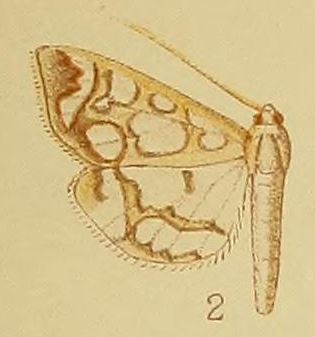
Polythlipta is a genus of moths of the family Crambidae.

Adrapsa is a genus of moths of the family Erebidae. It was erected by Francis Walker in 1859.

Egnasia is a genus of moths of the family Erebidae. The genus was first described by Francis Walker in 1859.

Phlogophora is a genus of moths of the family Noctuidae first described by Georg Treitschke in 1825.
Pontia distorta, the small meadow white, is a butterfly in the family Pieridae. It is found in Ethiopia, Somalia, northern Kenya and possibly north-eastern Tanzania. The habitat consists of sub-desert thorn-bush areas.
Anydrelia distorta is a moth in the family Geometridae first described by George Hampson in 1895. It is found in India, Nepal and China.
Zadadra distorta is a moth of the subfamily Arctiinae. It is found in Nepal, India and Pulau Laut.
Lygropia distorta is a species of moth in the family Crambidae. It was described by Frederic Moore in 1885. It is found in Sri Lanka.
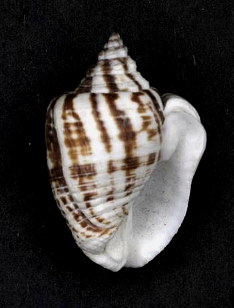
Triumphis distorta is a species of sea snail, a marine gastropod mollusk in the family Pseudolividae.

Cycloseris distorta is a species of disc coral in the family Fungiidae. It is a free-living, solitary coral and is native to the tropical and subtropical Indo-Pacific region where it is found on soft sediment in shallow water.
Septopora is an extinct genus of bryozoan belonging to the order Fenestrida. It has been found in Pennsylvanian to Permian beds in North America, South America, Australia, and southwest and east Asia.











